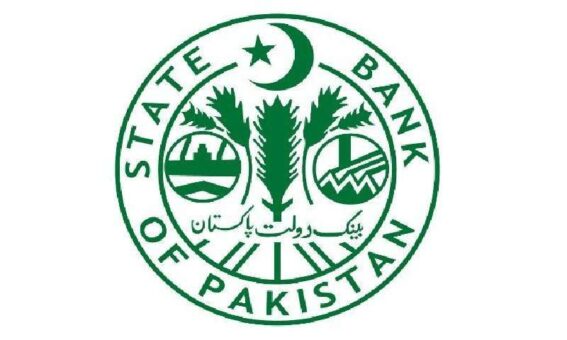Karachi, October 17, 2025 – The State Bank of Pakistan (SBP) has highlighted that religious concerns about interest-based banking continue to significantly impact both credit demand and deposit mobilization across the country.
According to the SBP Annual Report 2024–25, multiple surveys indicate that a notable portion of the population avoids conventional banking due to religious reasons. The Knowledge, Attitude, and Practices (KAP) Survey 2015 found that 7.5% of respondents had religious objections to interest-based banking products. Similarly, the Household Saving Behaviour Survey 2021 reported that 13% of respondents voluntarily stayed out of the banking system for the same reason. The SBP Pulse Survey on Savings 2025 revealed an even larger share — 35% — of people preferred informal saving methods to avoid interest-based transactions.
While Islamic banking in Pakistan has grown rapidly and now holds a significant share of total industry assets and deposits, the report suggests that habit formation and financial literacy are key to improving financial inclusion in the country.
The SBP noted that Pakistan’s bank deposits-to-GDP ratio remains among the lowest in Muslim-majority economies, despite a sharp rise in the number of bank accounts over the past decade. Many new accounts, it added, are used primarily for transactions rather than savings, reflecting limited confidence in long-term financial instruments.
The report also warned that persistently low or negative real returns, combined with religious reservations and tax penalties on banking transactions, are prompting individuals to divert savings toward gold, real estate, and informal channels, thereby constraining domestic investment and economic growth.
